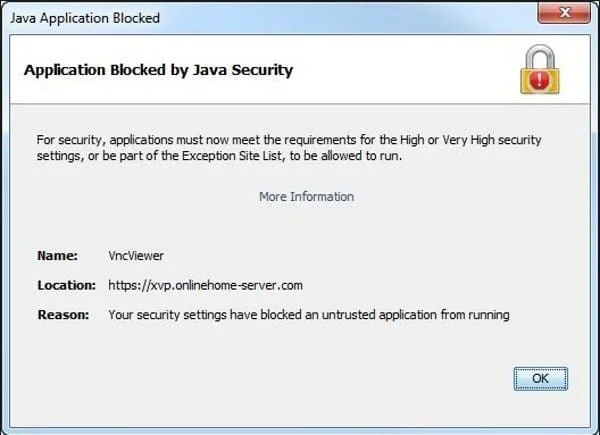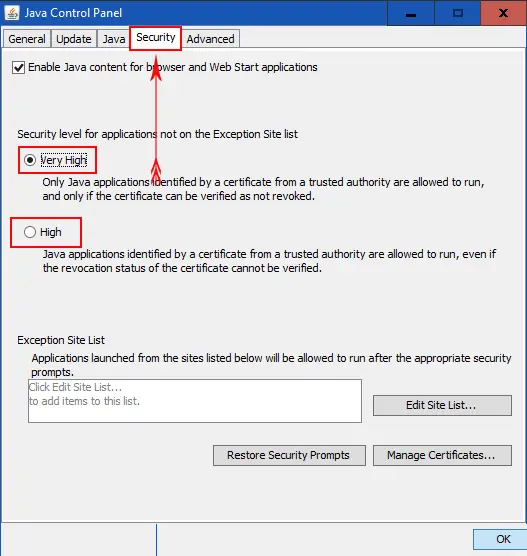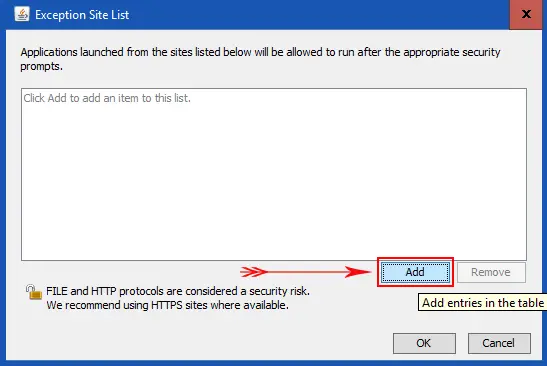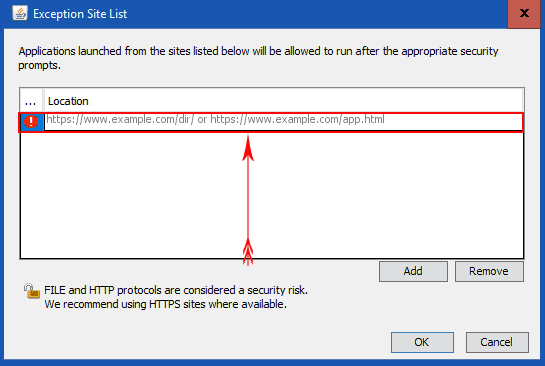Java, a versatile computing platform and programming language, has been a cornerstone of web and application development since its inception in 1995. While many modern browsers and systems are moving away from Java, numerous applications and websites still rely on it for functionality.
However, users often encounter a frustrating issue: the “Application Blocked by Java Security” error. This comprehensive guide will help you understand why this occurs and how to resolve it effectively.

Understanding Java Security Warnings
Java’s security features are designed to protect users from potential threats. The Java Security system alerts users when an application is:
- Unsigned
- Self-signed
- Not signed by a certified authority
- Lacking proper permission attributes
While these warnings are crucial for security, they can sometimes result in false positives, especially when using custom programs or certain indie games.
Methods to Fix “Application Blocked by Java Security” Error
1. Update Java and Related Software
The most common cause of security warnings is outdated software. Follow these steps:
- Visit the official Java website and download the latest version for your system.
- Install the update and restart your computer.
- Update your browser, application, or program that triggered the alert.
Keeping Java updated is crucial for security and performance. Each new version includes important enhancements to improve stability and protect against vulnerabilities.
2. Adjust Java Security Settings
Sometimes, a Java update can increase the security level. To check and adjust:

- Open the Control Panel and select “Java.”
- Click on the “Security” tab.
- Examine the security level. Oracle recommends “Very High,” but you can try setting it to “High” if you’re experiencing issues.
3. Add Trusted Websites to the Exception List
For websites that use Java and trigger warnings:



- In the Java Control Panel, go to the “Security” tab.
- Click “Edit Site List” at the bottom of the page.
- Click “Add” and enter the full URL of the trusted website (including http:// or https://).
- Click “OK” to save changes.
Remember, this method only works for websites, not standalone applications.
4. Verify Application Certificates
If the above methods don’t work:
- Check the certificate of the program causing the warning.
- If it’s not trusted or signed by Java, contact the vendor for a verified certificate.
- Install the verified certificate to resolve the issue.
Best Practices for Java Security
- Regularly update Java and all related software.
- Only download applications from trusted sources.
- Balance security settings with usability needs.
- Be cautious when running applications from unknown sources.
Troubleshooting Additional Java Security Issues
- Clear the Java cache: This can resolve conflicts or corruption causing blockages.
- Check for conflicting software: Antivirus or firewall settings might interfere with Java applications.
- If you’re experiencing issues with Java Virtual Machine, you might want to check out our guide on how to fix “Could not create the Java Virtual Machine” error.
Advanced Java Security Solutions
For more complex Java security issues, you might need to explore advanced solutions:
- Use Symmover: This tool can help manage Java security certificates. Learn more about Symmover and its applications.
- Troubleshoot javaw.exe issues: If you’re encountering problems with Java executables, our guide on javaw.exe can provide valuable insights.
- Consider Java alternatives: If Java security issues persist, you might want to explore alternatives. For web-based applications, platforms like Omegle alternatives offer similar functionality without Java dependencies.
FAQs about Java Security and Blocked Applications
- Q: Can I bypass Java security completely? A: It’s not recommended as it may expose your system to risks. Always balance security with usability.
- Q: Why does Java block certain applications? A: Java blocks applications to protect users from potential security threats and ensure only trusted applications are executed.
- Q: How can I check the security level in the Java Control Panel? A: Open the Java Control Panel, go to the “Security” tab, and check the slider or dropdown menu indicating the security level.
- Q: What should I do if the application is not from a trusted source? A: It’s generally advisable not to run applications from untrusted sources to avoid potential malware or security risks.
- Q: Why should I clear the Java cache? A: Clearing the Java cache can help resolve conflicts or corruption that may be causing applications to be blocked.
Conclusion
Encountering the “Application Blocked by Java Security” error can be frustrating, but it’s a vital part of Java’s security ecosystem. By following the steps outlined in this guide, you can effectively resolve most Java security warnings while maintaining a secure computing environment. Remember, keeping your Java installation updated and being cautious about the applications you run are key to a smooth and secure experience.
As Java continues to evolve, staying informed about its security features and best practices will help you navigate any challenges that arise. With the right approach, you can enjoy the benefits of Java-based applications while keeping your system protected.




